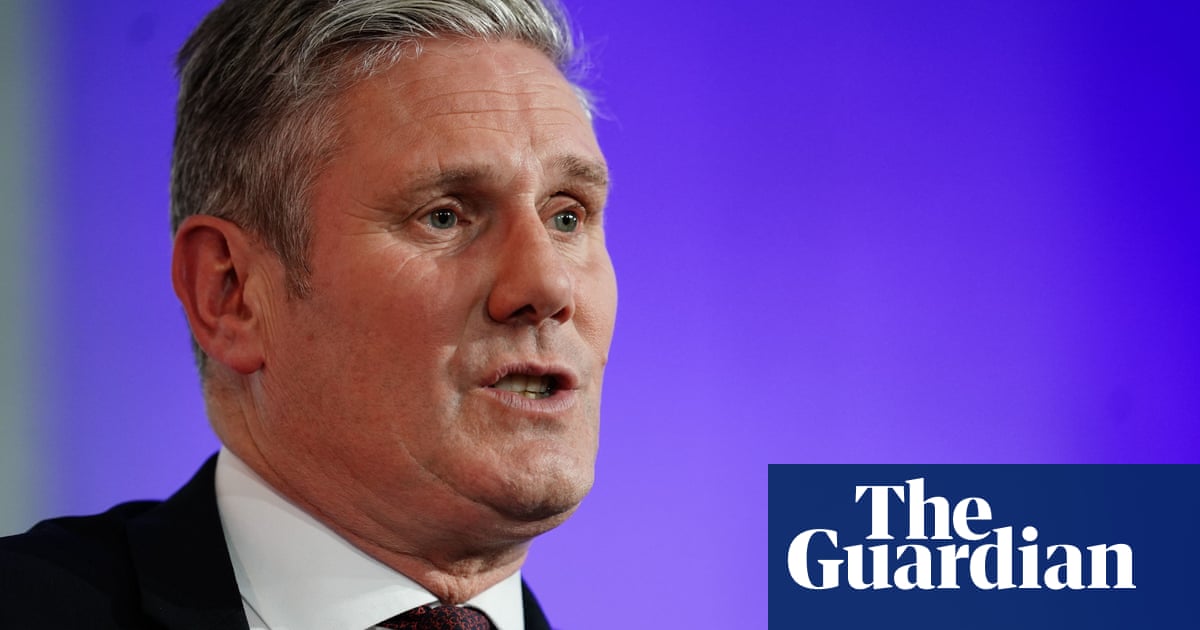
NHS patients in Wales will be allowed to travel to England to receive care for the first time ever under plans to be announced by the Welsh secretary on Monday.
Jo Stevens will tell the Labour conference in Liverpool that she is drawing up proposals to allow patients to travel between England and Wales to receive outpatient or elective treatment.
Stevens will say that the move will help reduce waiting lists on both sides of the border. But with NHS struggling in Wales even more than in England, experts say any movement is more likely to be from out of Wales, potentially placing further pressure on stretched NHS trusts in England.
Stevens said on Sunday: “Healthcare is one of the biggest shared challenges our two governments face and we are acting quickly to tackle it.
These practical, commonsense steps could deliver real change on the ground for patients and clinicians.”
She will add in Monday’s speech: “This the beginning of a new way of working together that will help improve outcomes in both nations and deliver our missions. And it has only been possible because a changed Wales Office under Labour has a strong voice across government.
“I will always be our fiercest advocate in Westminster … reaching into every part of Wales and back across Welsh and UK governments to make sure Wales gets what it needs.”
Under the plans, NHS trusts in England and Wales will be able to sign “mutual aid partnerships” allowing them to use each other’s free capacity as it becomes available. Trusts will not be forced to take on patients from elsewhere if they do not feel they have the capacity to do so.
Such partnerships already exist between trusts within England, though they are mainly used in emergency situations. They were also used during the Covid pandemic to make sure there was capacity to carry out the vaccination programme, while some trusts use them in an ad hoc way to share equipment such as CT scanners.
Steve Barclay, the Conservative former health secretary, suggested such an idea while in office, writing to the devolved administrations to participate in talks about how to bring down waiting lists across the UK.
Those talks did take place, but officials say no action was taken afterwards.
Conservative officials say the idea was knocked down by leaders in the devolved administrations for political reasons. Labour aides say they suspected the Tory government wanted to use the idea to blame Labour-led Wales for the NHS crisis in England.
The most recent figures show that more than 20% of patients in Wales have to wait more than a year between referral and being treated in hospital, whereas the figure in England is just above 4%. The Tories have regularly used the situation in Wales as an example of Labour mismanagement, though health needs in Wales tend to be more complex than those across the border.
Experts say the move could help ease pressure in Wales, even if it comes at the expense of patients in England.
Siva Anandaciva, chief analyst at the King’s Fund thinktank, said: “It makes sense and goes with the grain of what both the English and Welsh healthcare systems are trying to do to share resources like equipment beds and staff for the collective good.
“But if you were in Bristol, for example, you would be wondering what the impact of adding a country to your catchment populations might have.”
He added: “Providers think it makes sense to use resources collectively but sharing demand across is harder when everyone is busy and there is not much slack in systems.”
Mark Dayan of the Nuffield Trust said: “It is a good idea to look into ways to cooperate across the border like this because people and NHS services run right across it with no clear boundary.”
But, he added: “This is very unlikely, however, to mean shorter waits for the vast majority of patients. The NHS in Wales and England has been struggling to keep up for years: there is no spare room either side of the border.”
In her speech Stevens will also say the collaboration will go further than sharing resources: health ministers in both countries are looking at copying each other’s reforms as they look to prevent a winter health crisis.
Officials say one idea that has triggered interest in England is the 2022 decision by ministers in Wales to reduce the number of dental check-ups for people with healthy teeth to free up appointments for those who need them more urgently.
Wales decided at the time to shift regular dental check-ups to once a year, rather than once every six months, an idea that was criticised at the time by the British Dental Association as “cobbled together on the back of an envelope”.












